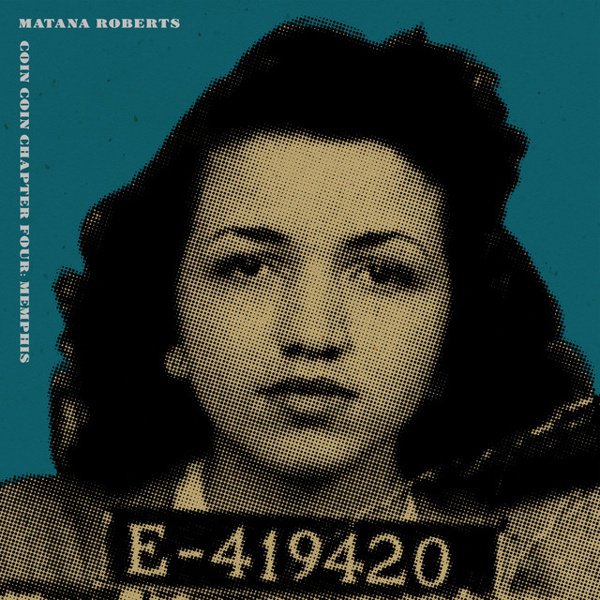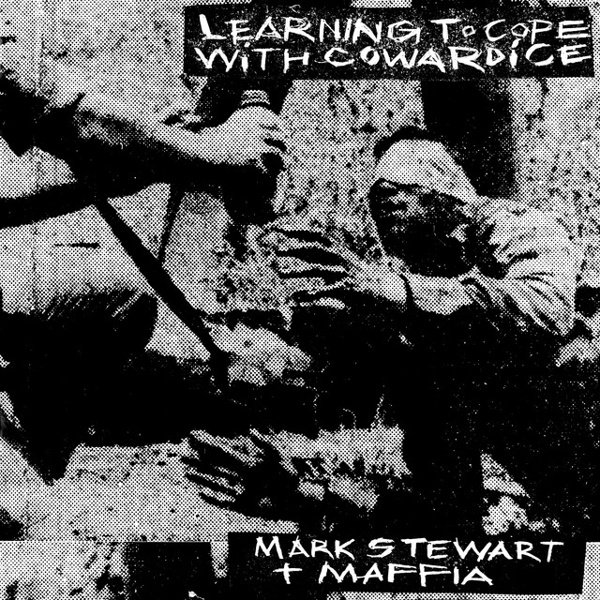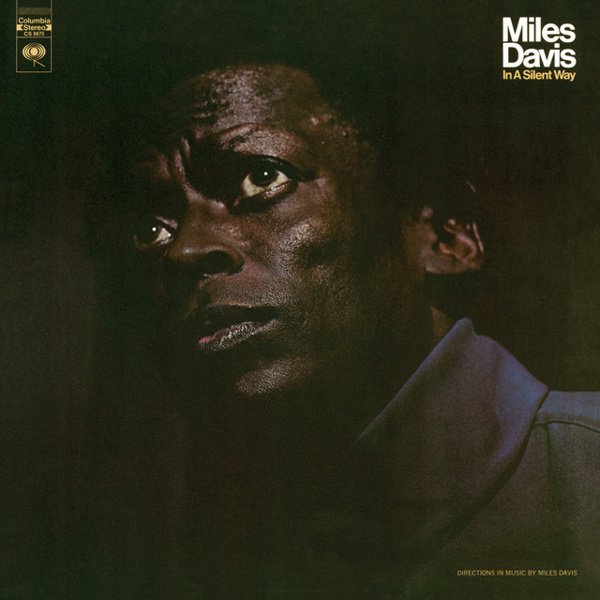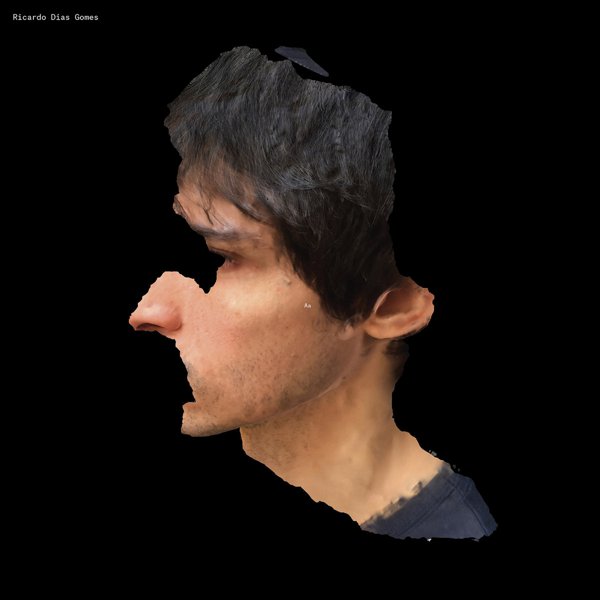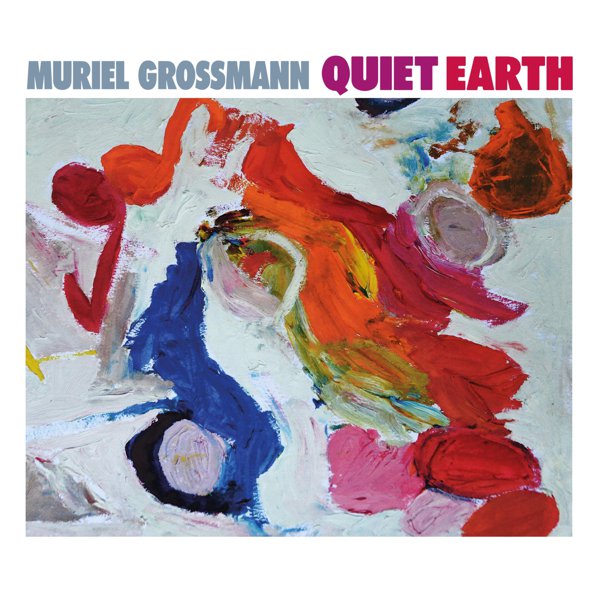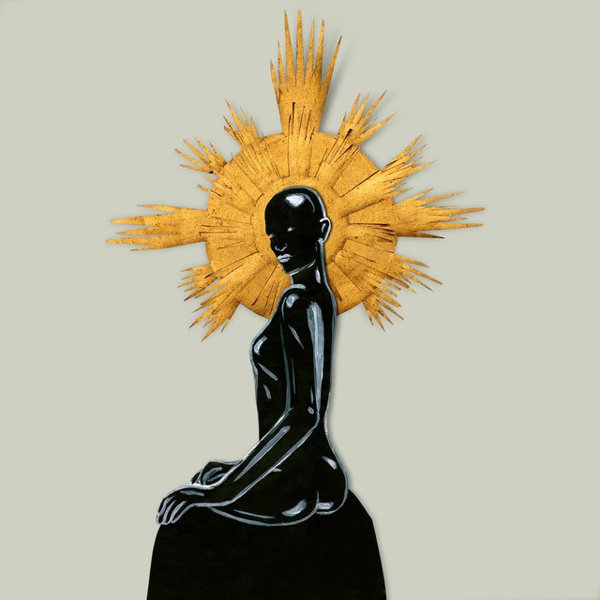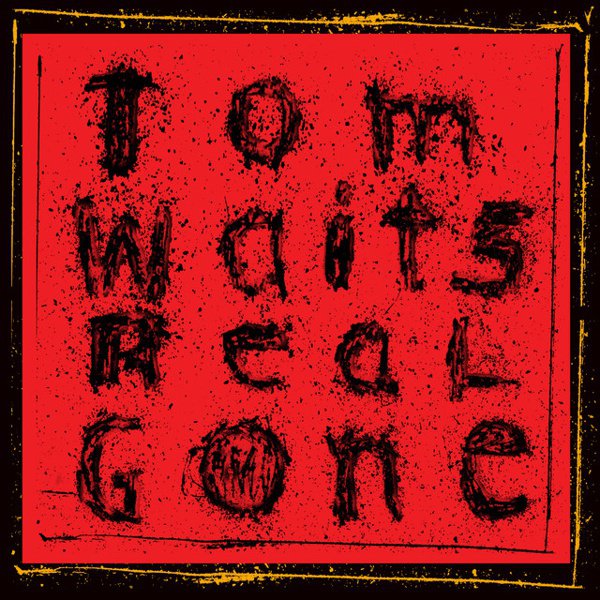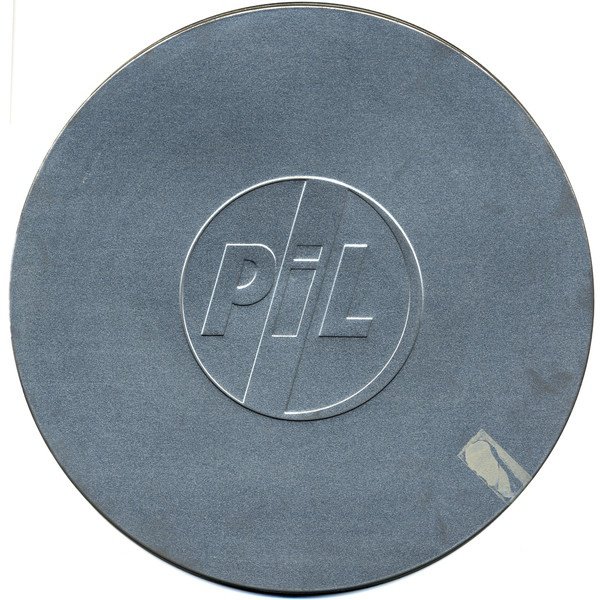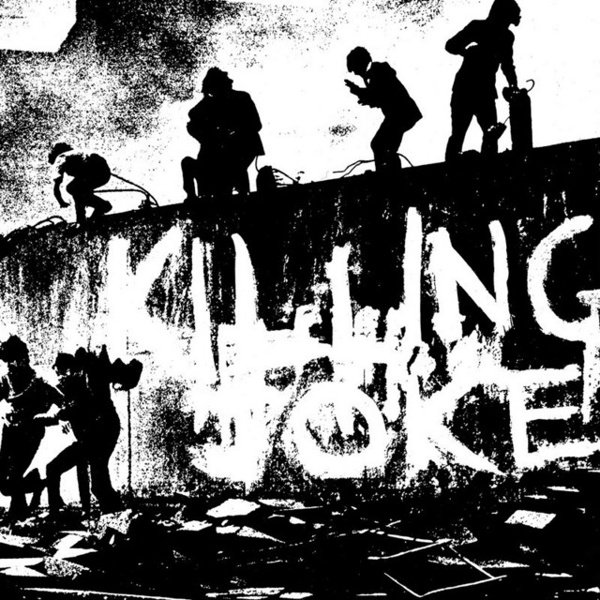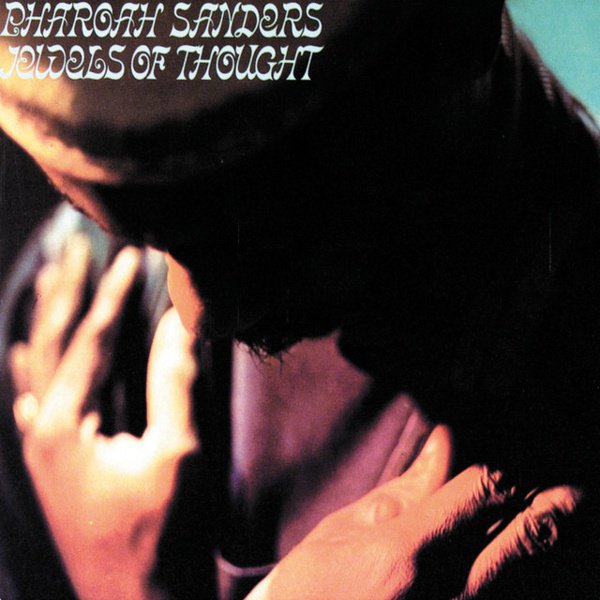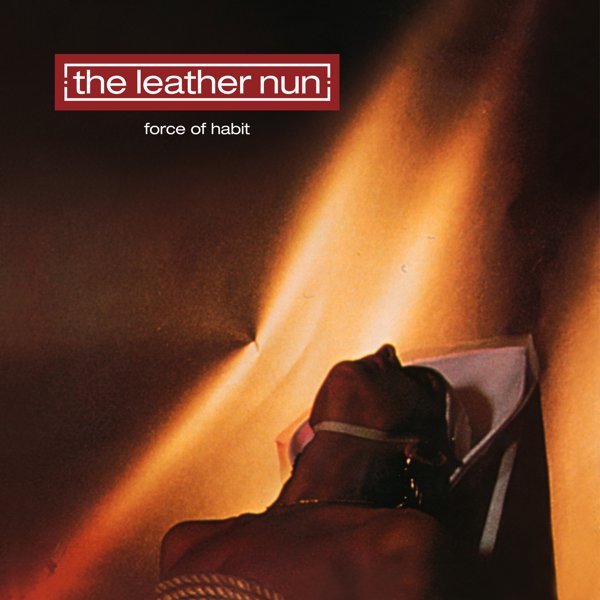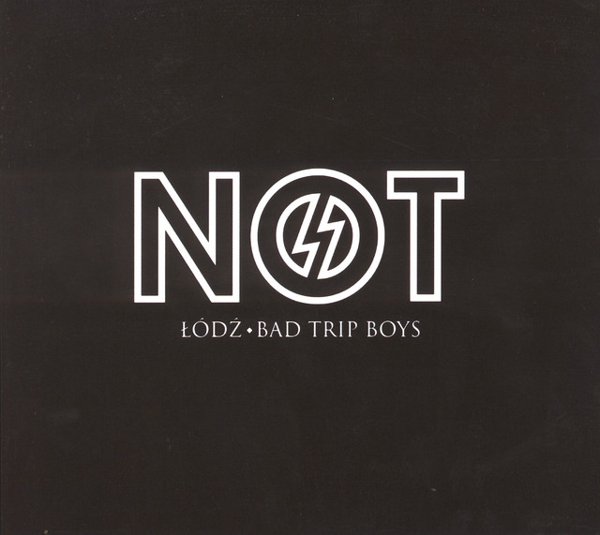Tabula Rasa
The sixth Einstürzende Neubauten studio album has some songs with almost conventional alt-rock structures (“Zebulon” is ripe for the covering). It even features baby-voiced Anita Lane reciting poetry over softly plucked guitar and brushed drums on “Blume,” as regular vocalist Blixa Bargeld murmurs like Satan attempting seduction. The album’s second half is where they return to their sound-sculpting roots, though. The almost ambient “Wüste” sounds like the desert of its title, and the nearly 15-minute closer, “Headcleaner,” is an ultra-intense marathon of pounding percussion, drills and saws, and Bargeld hectoring the listener as more overdubbed Bargelds shriek and wail in the background like damned souls.
It’s tempting to say that, as Einstürzende Neubauten progressed, their music became less intense, that the shift in their focus – from noise to song, from provocation to philosophy – somehow defanged the group. It’s patently untrue, though a seductive narrative, at times. Tabula Rasa sometimes feels like a pause, a group catching their breath; what’s more surprising, listening back, is the simple yet effective compositions on display, like the lovely “Zebulon,” which pivots on a chord change that’s pure third album Velvet Underground, or the following “Blume,” sung by the late Anita Lane with tenderness and poise. If you’ve any doubt about Neubauten’s capacity to tear apart the terrain they’re traversing, though, look no further than the closing, fifteen-minute “Headcleaner,” a pounding, mutant block of noise, unrelenting and thrilling, where they detourn The Beatles; it’s prefaced by the beautiful “Wuste,” where they swathe mournful strings in flaming hiss and grit.


